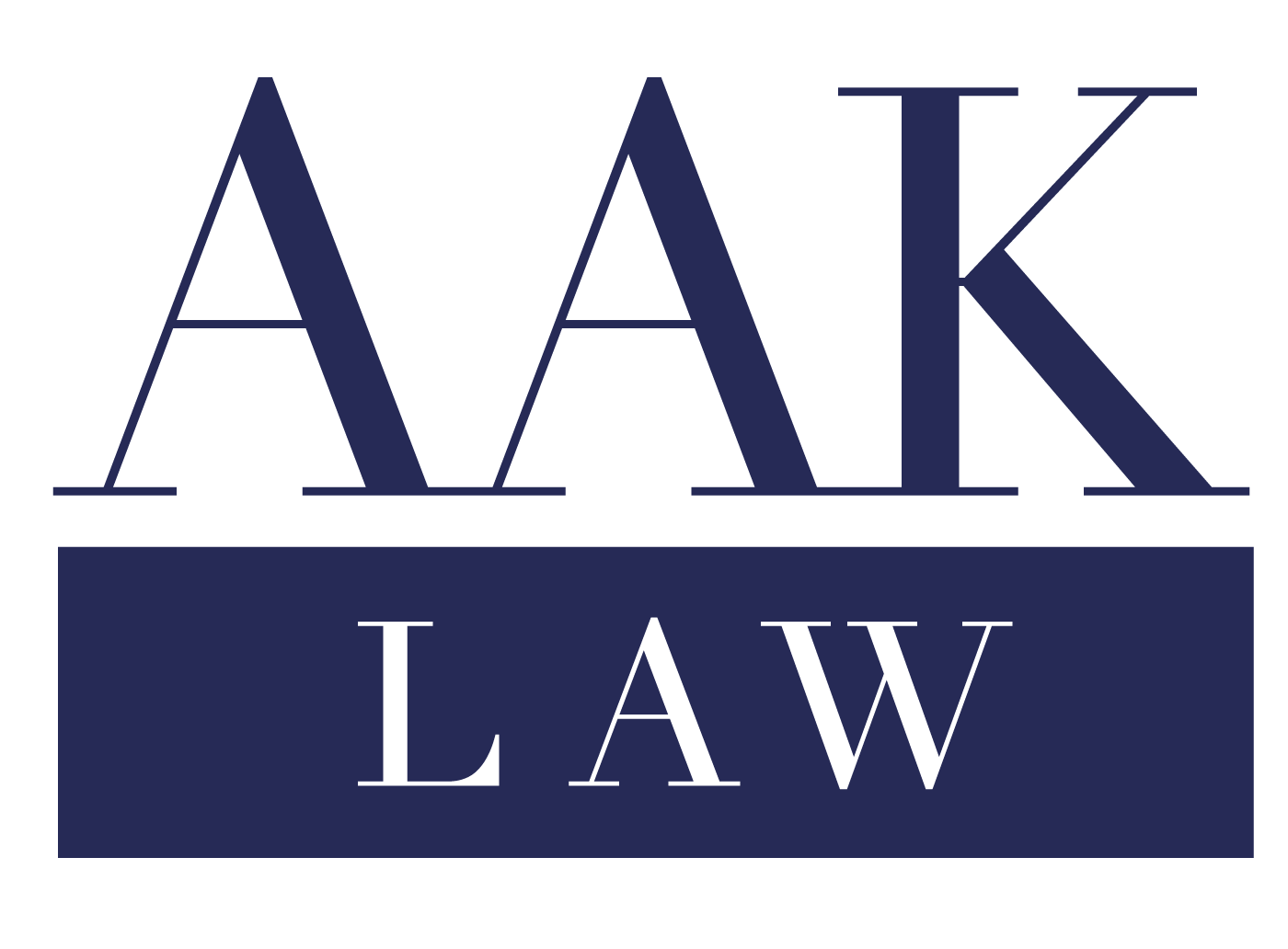Whistle Blower, Qui Tam
The Federal False Claims Act permits a whistleblower or relator to file a qui tam lawsuit against a defendant for defrauding the federal government. Certain state laws also permit the same types of action (depending on the state). The term “qui tam” refers to a Latin phrase, meaning that the person sues on behalf of himself and the government. A relator is the term for a plaintiff filing a qui tam action.
False Claims cases often arise in the context of Medicare and Medicaid. Successful cases have also been filed in cases involving, but not limited to, defense procurements, underpayment of royalties (such as oil, minerals and gas from public lands), brokerage firm fraud, computer supplier fraud and construction cases.
There is some incentive to bring a qui tam case because the relator may receive between 15% – 25% of any recovery or settlement. Under the Act, the government may recover three times the amount of alleged fraud and between $5,000 and $11,000 per false claim submitted to the government.
Qui tam lawsuits are filed under seal so that the government may conduct its own investigation without the defendant knowing of the filing. If the government joins the lawsuit, the case is unsealed and the government and relator jointly prosecute the case. Interestingly, a qui tam action may only proceed via the first filer. Thus, timing is critical to filing and a case must be filed within six years of the alleged fraud. Often, qui tam actions have complicated venue issues and, of course, complexities in understanding the myriad fraud schemes. Due to various factors, these cases often take years and sometimes decades to resolve and may be incredibly expensive. Thus, it is critical to engage experienced counsel that has worked closely with United States Attorney Office.
Legislation passed under the Reform and Consumer Protection Act allows a whistleblower who voluntarily provides information to the SEC that leads to a recovery of $1 million or more, up to 30% recovery of the amount collected. Under the statute, a whistleblower is an individual who provides original information relating to a violation of either securities or commodities trading laws that: (1) derive from independent knowledge or analysis, (2) not previously known to the Agency, and (3) not derived from public information.
